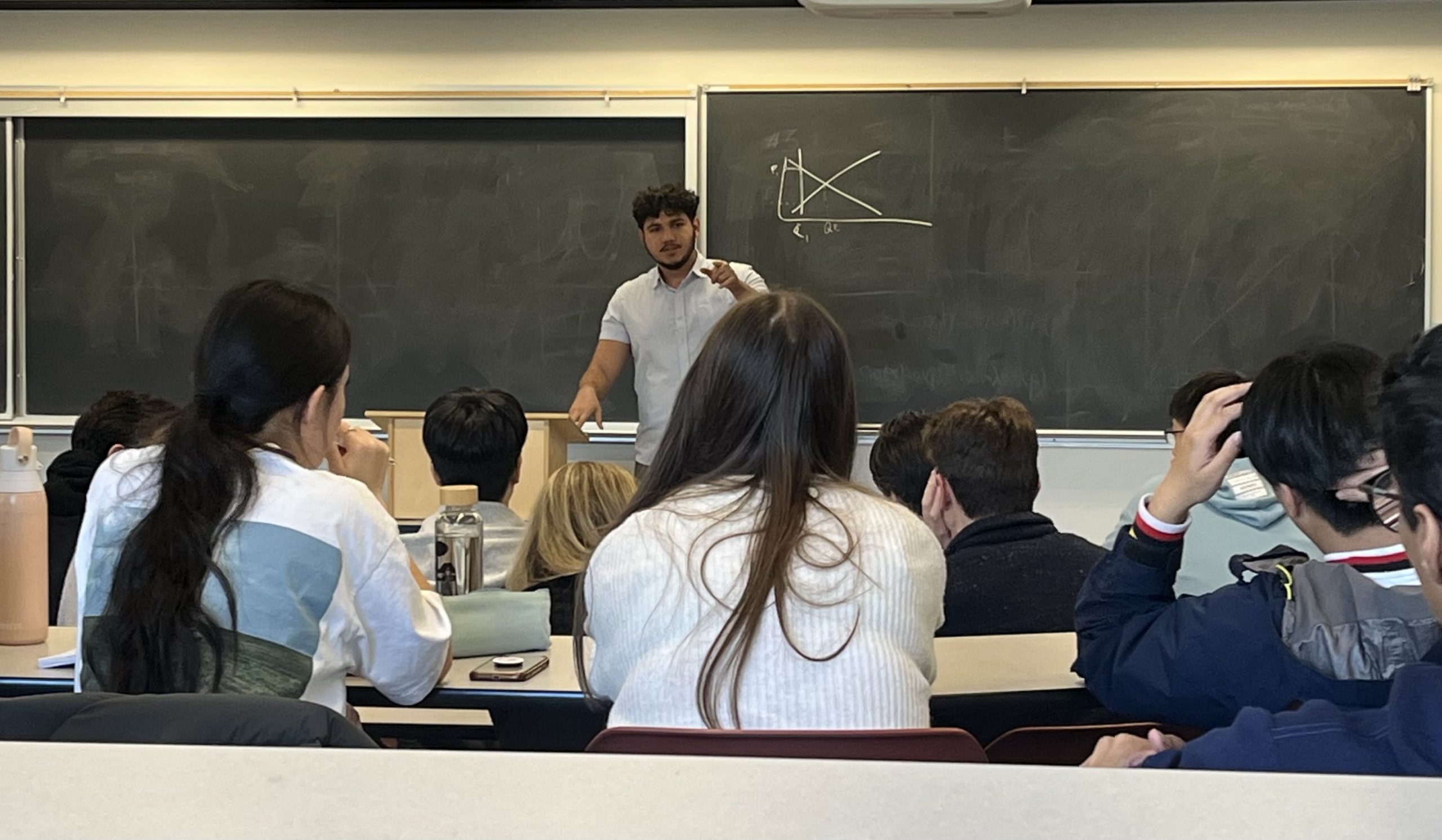One of my featured projects is “Grading the Graders,” my first independent research paper that’s become quite infamous in my cohort. It examines whether there’s a causal effect on class averages in the final year before a professor’s pre tenure contract at the University of British Columbia.
The idea stemmed from my microeconomics class. Previous cohorts told us how easy micro was, giving us a sense of confidence—almost hubris. However, our class average ended up in the low 50s (I got in the 60s 😉), our midterm was objectively much harder than the straightforward midterm from the previous year. Someone mentioned that the professor was in his first year of tenure, meaning the previous year was when he was being reviewed. We suspected this might be why the class was easier before.
I began investigating using ubcgrades.com, which lists class averages dating back decades. I noticed the highest ever class averages coincided with professors’ pre-tenure years in multiple economics classes. Initially, I thought researching this was unrealistic due to the difficulty of accessing professors’ contract statuses.
Later, I discovered financial documents from UBC containing professors’ salaries over many years. I realized I could use salary changes as a proxy for contract status—an increase indicating the first year of tenure. Despite the challenge of formatting these PDFs, I managed to analyze the data. I found a statistically significant increase in class averages in the year before a professor got tenure or left the university.
I completed the paper early, had it reviewed by friends, and was thrilled to receive a 100%—the only one in the class, to my knowledge. For my first research paper, I was pleased to hit the ground running.
Grading the Graders
Abstract: This study investigates the causal relationship between professors’ contract status and their class averages at the University of British Columbia (ubc, 2023b) over the academic years 2020, 2021, and 2022. It utilizes a dataset with 20,639 classes taught by 2,546 different professors; this paper uses a fixed effects regression to control for variables such as individual professors and specific courses. The aim is to determine whether professors in the final year of their contracts have an incentive to inflate grades, potentially influenced by tenure reviews or contract renewals. The findings show a statistically significant increase in class averages during the last year of a professor’s contract, indicating a potential moral hazard with grading practices. While the study gives insights into university grading practices, its scope is limited by the available data spanning only three years. Future research could explore different datasets and alternative methodologies.

